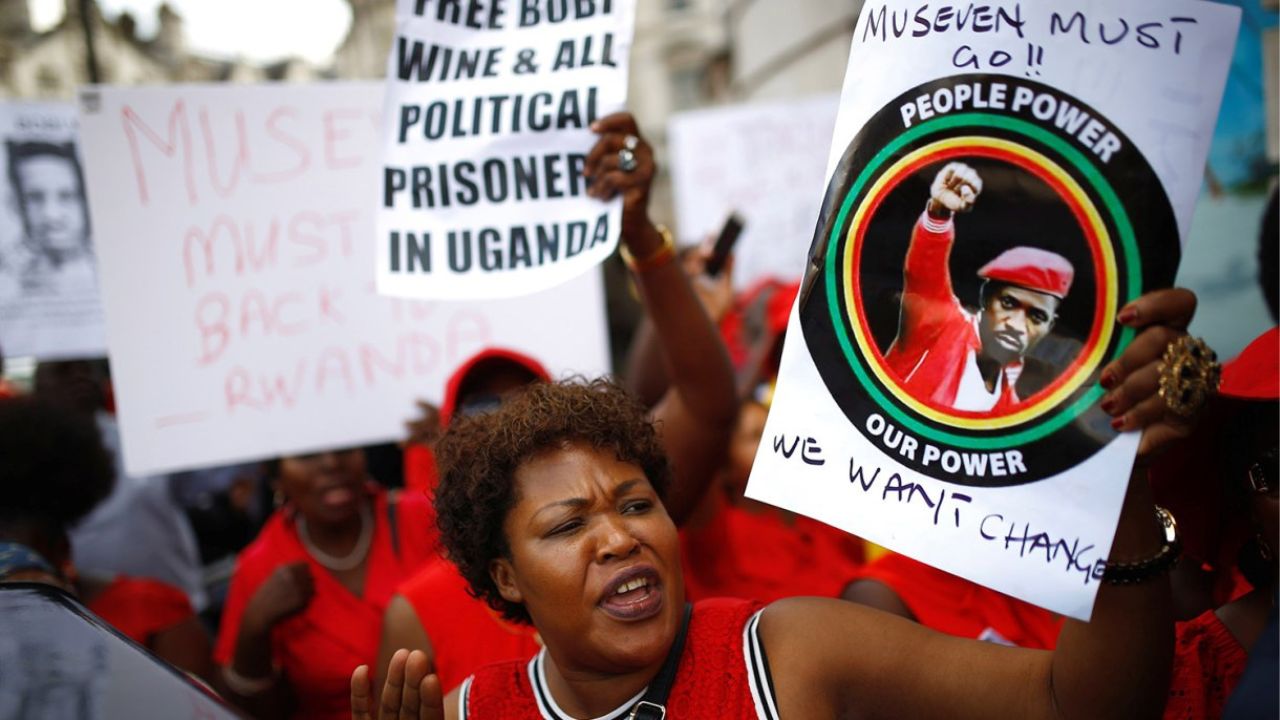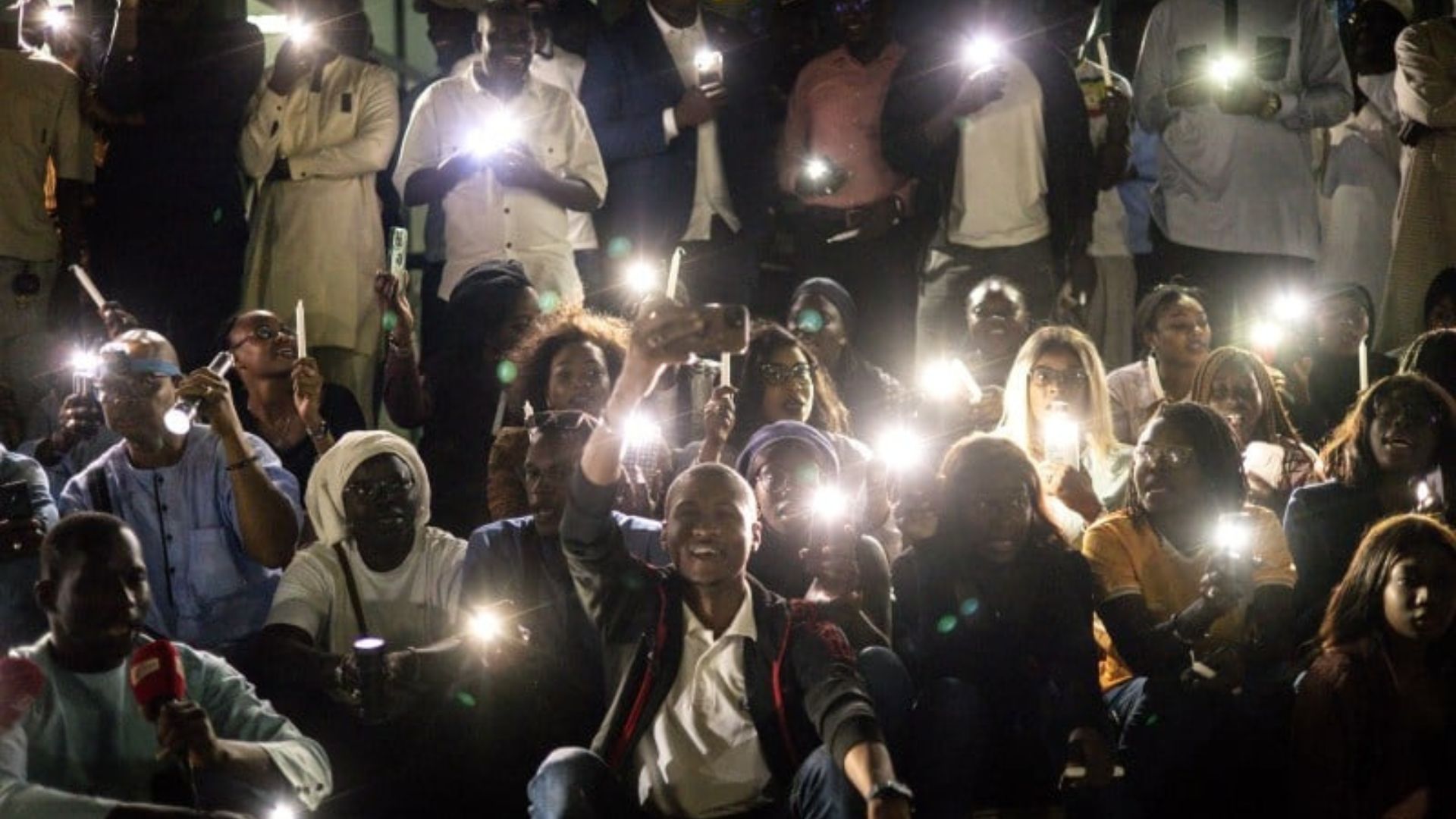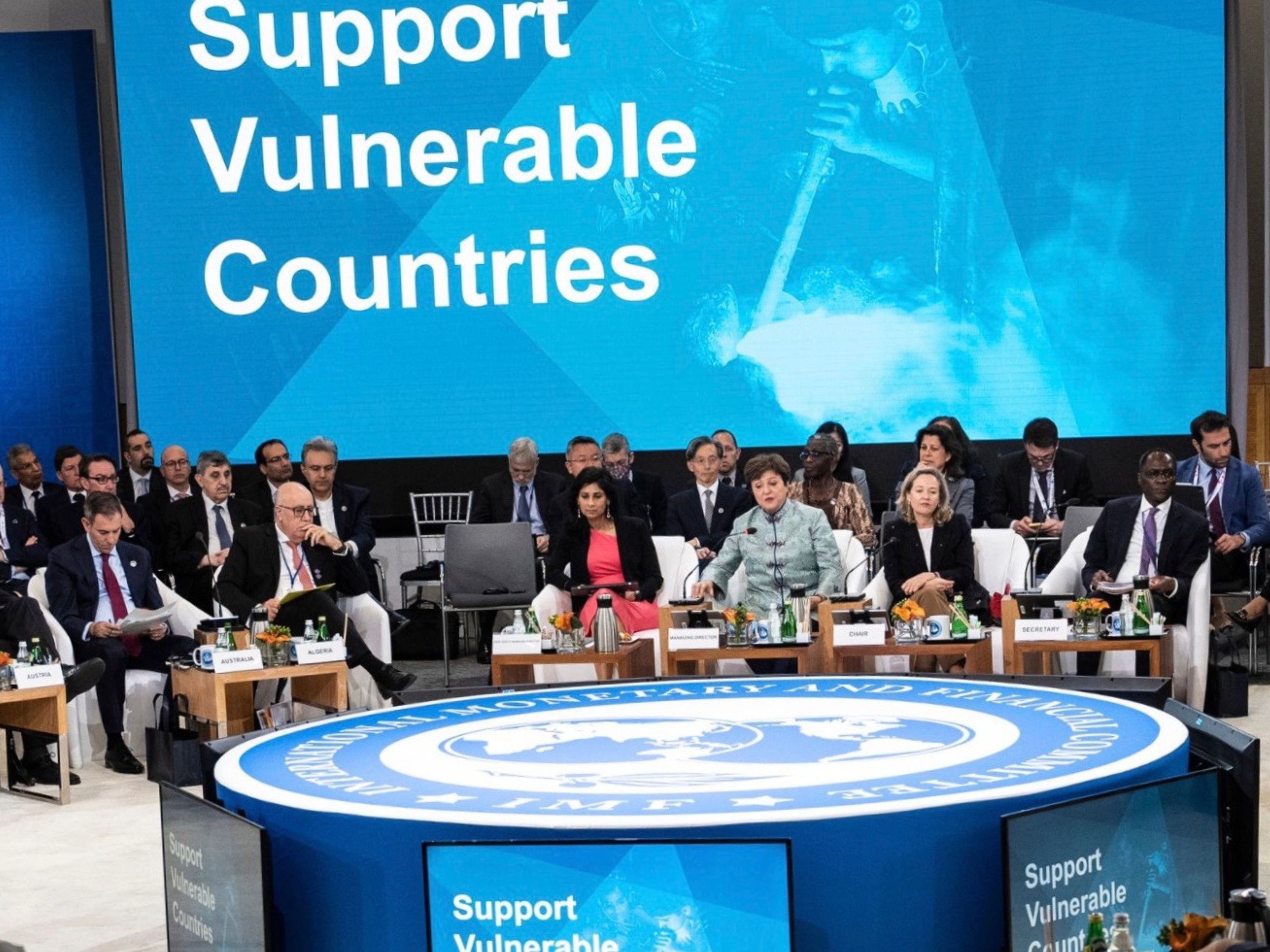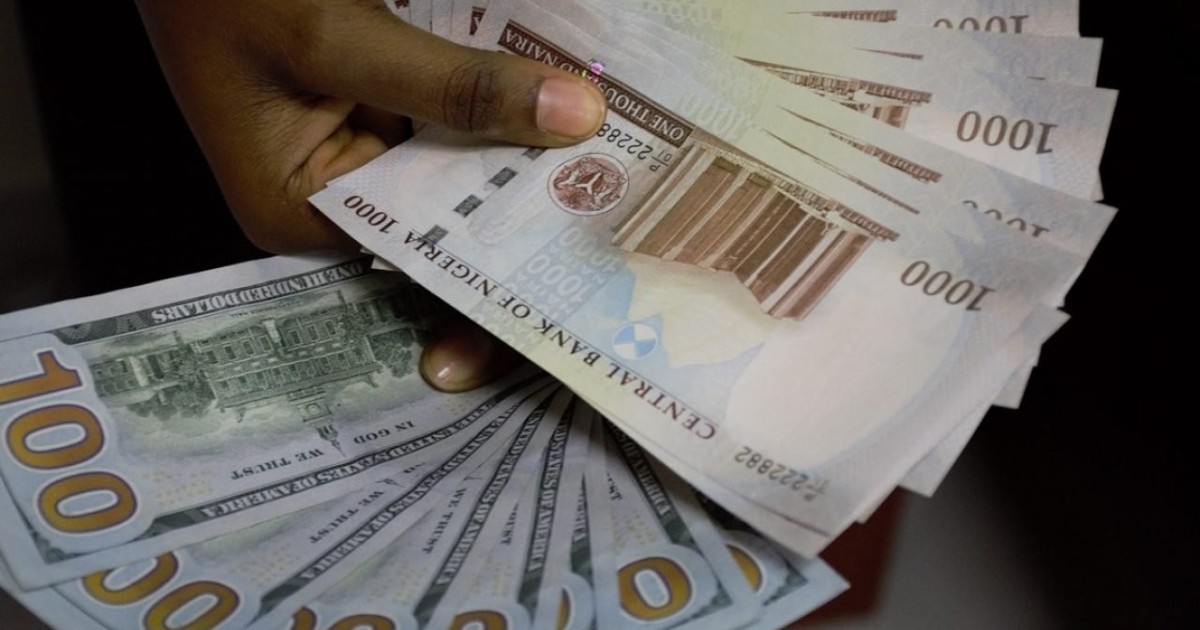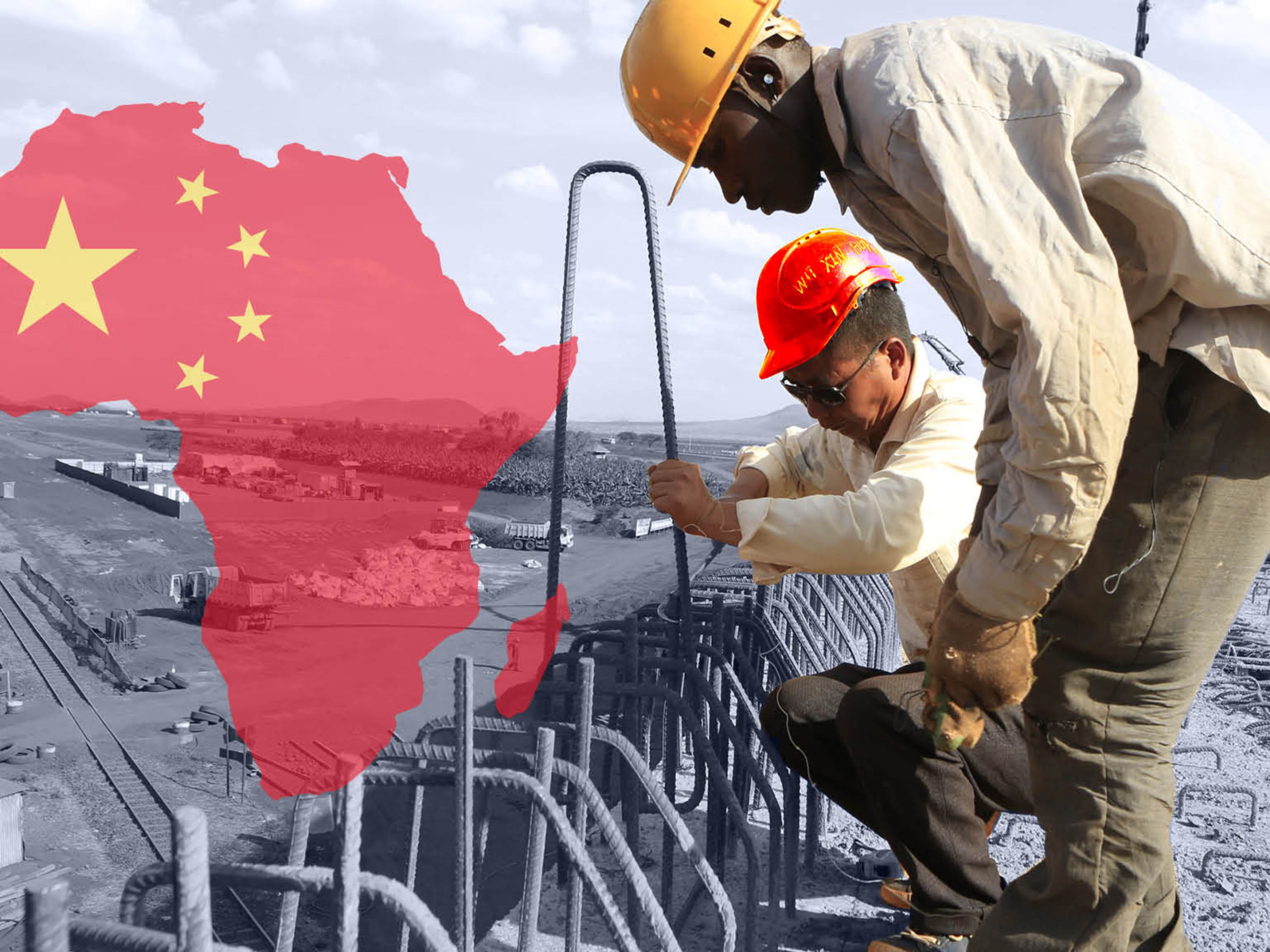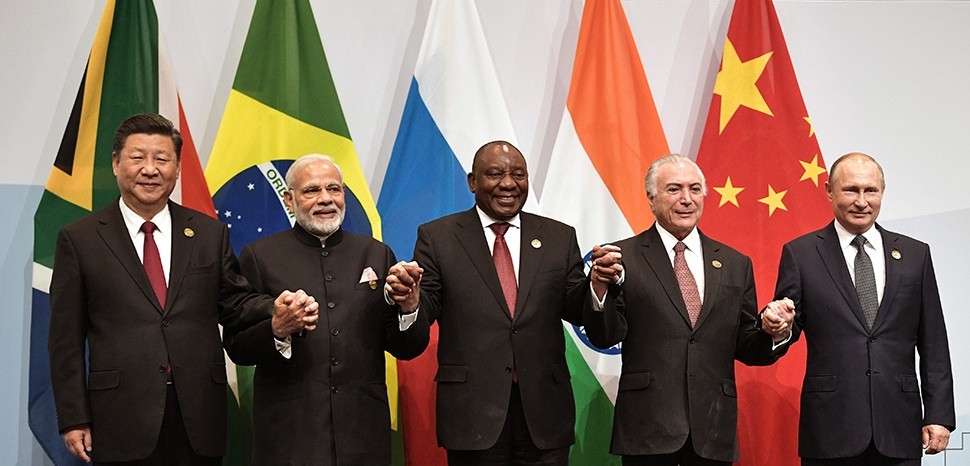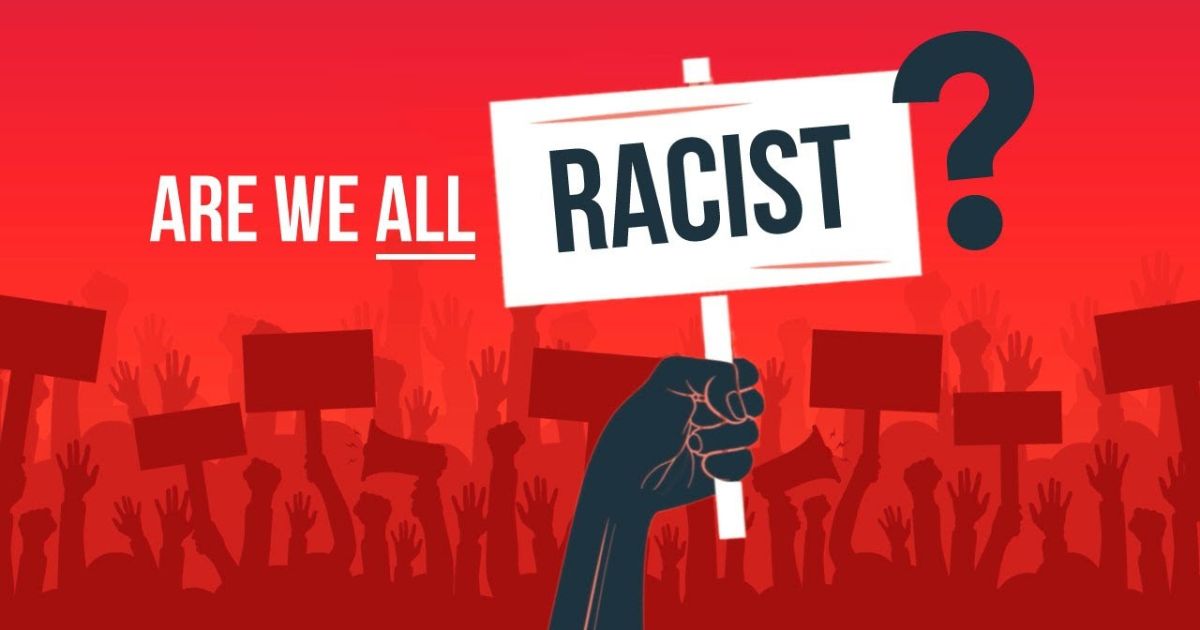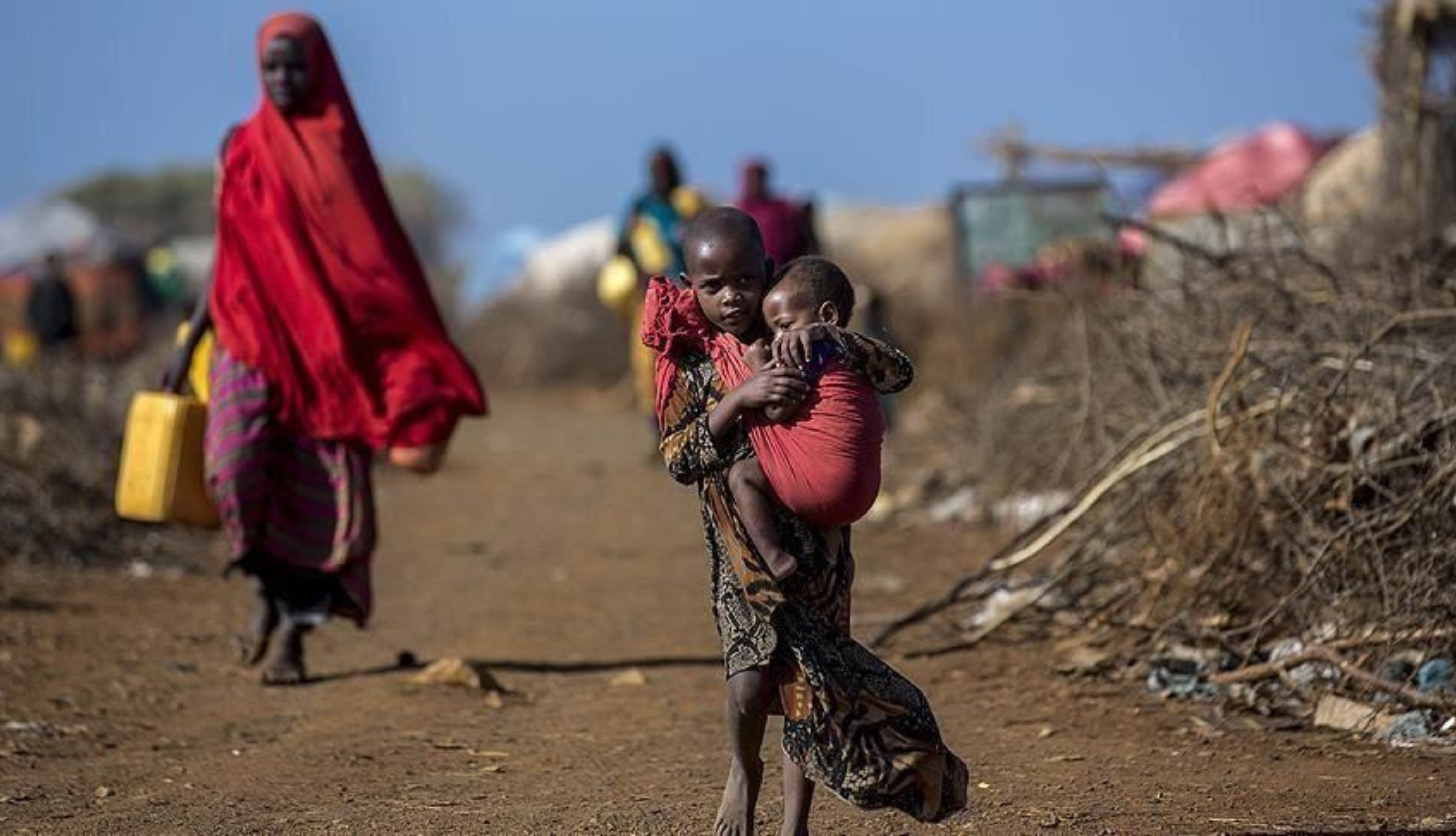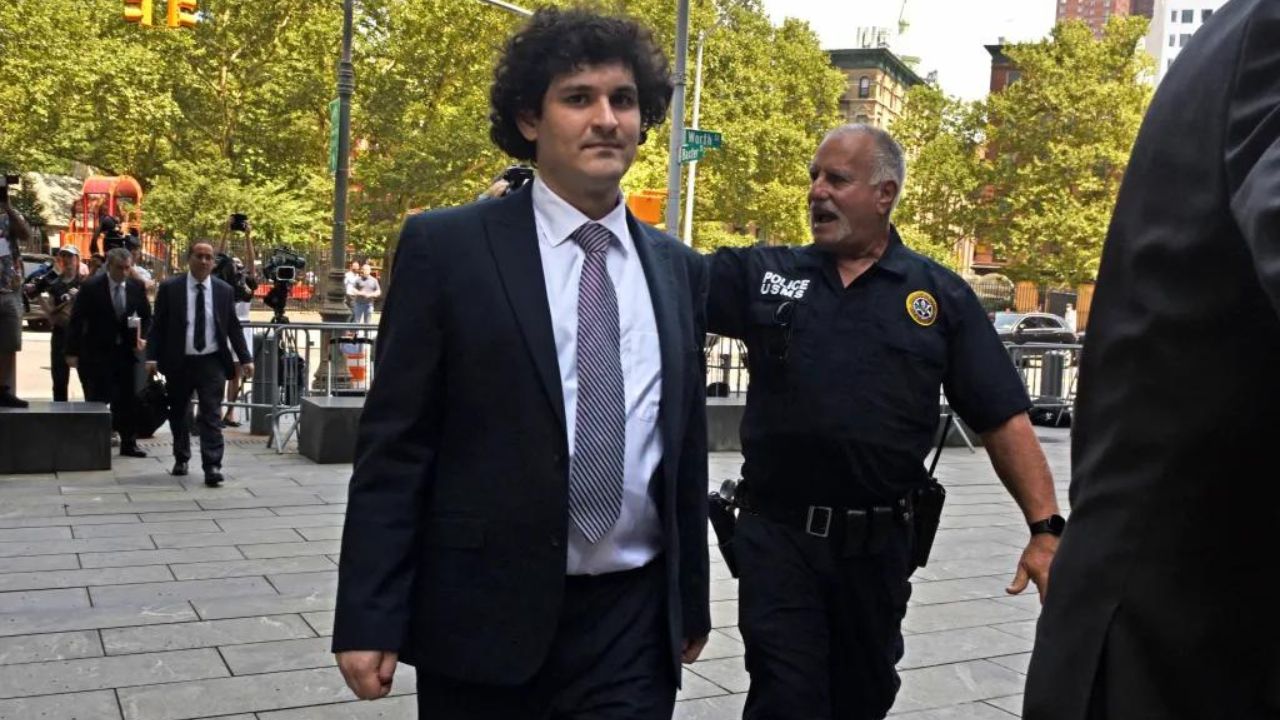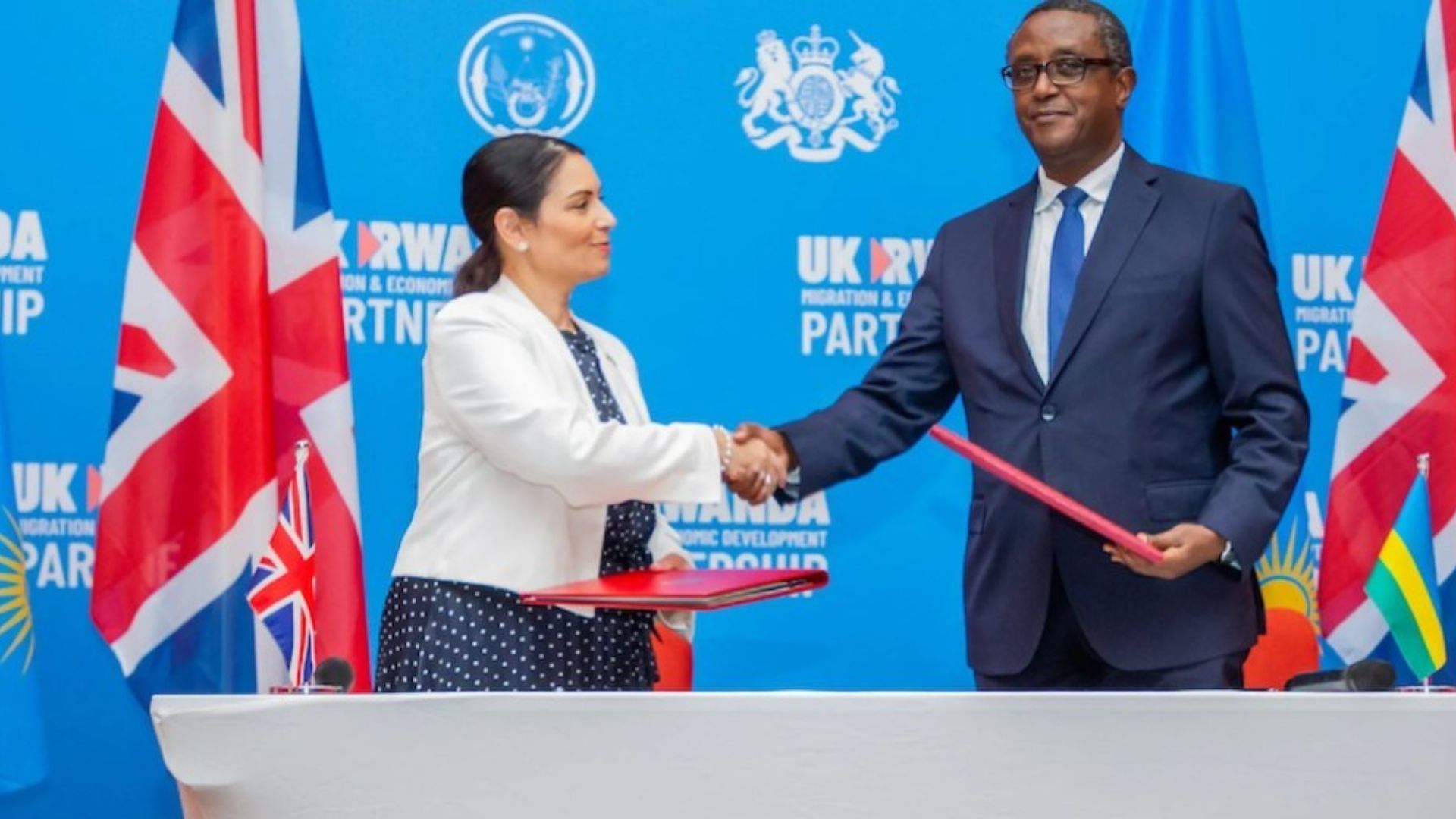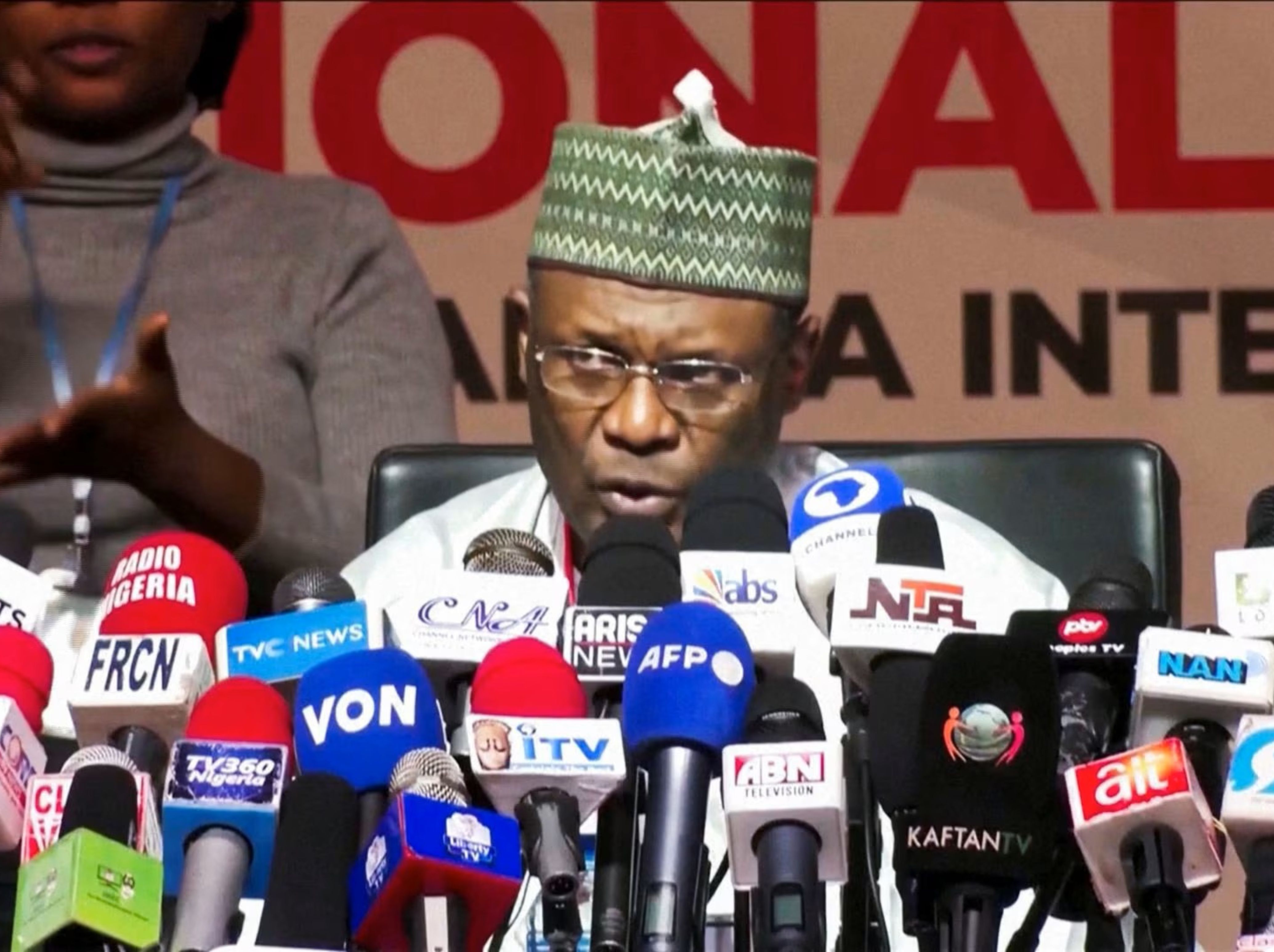The Nigerian political climate is heating up after the 2023 Presidential elections. The Independent National Electoral Commission (INEC) is now embroiled in controversy over its election handling, particularly concerning the interpretation of the constitution over the required percentage a Presidential candidate needs to win across States of the Federation and Federal Capital Territory (FCT); while another burning issue is INEC’s alleged breach of the Electoral Act. This article details the ensuing constitutional crisis and what lies ahead for the major parties.
The INEC Guideline Conundrum
Prior to the election, INEC announced its guidelines for the 2023 National Elections, and a key element of the guideline stated that election results would be uploaded to its portal using the Bimodal Voter Accreditation System (BVAS) directly from the polling unit to the INEC Result Viewing (IReV) portal in real-time for the public’s viewing.
Unfortunately, this guideline was not followed, leading to outrage from opposition parties who believed INEC compromised in neglecting its own guidelines. Although INEC Chairman, Prof. Yakubu Mahmood, have stated that they had to transmit results because its server was attacked by hackers manually. Not everyone is buying into this narrative, as the real-time upload of polling unit results would have forestalled every form of manipulation carried out at the INEC Collation Centers. It is believed that INEC has erred in adhering to its own guidelines;, compromising the credibility of the elections. This issue will definitely be a subject of litigation in the Presidential Election Tribunal.
The FCT 25% Interpretation Saga
As explicitly stated in the constitution, before a winner can be declared in a Presidential election, two conditions must have been met:
- A presidential candidate must secure the highest number of votes cast at the election
- He/she must secure not less than 25% of votes cast in at least two-thirds of all the States of the Federation and FCT.
Although INEC had announced Bola Tinubu as the President-elect, it hasn’t eroded the controversies that questioned whether INEC acted according to the constitution. Different experts have made several interpretations on whether a candidate ought to have 25% of the votes in two-thirds of all the States of the Federation “as well as in the FCT” to be declared the winner. While some argued that it wasn’t mandatory, others claimed it was necessary.
There has also been disagreement over whether the FCT should be counted as a state in this context. Some argue it should be considered a state, while others maintain that it should not. This disagreement has led to confusion and uncertainty, with different interpretations of the law causing tension between political parties and their supporters.
The controversy has been further compounded by the fact that Peter Obi of the Labour Party won the FCT vote by a considerable margin, with the eventual declared winner not having 25% of the votes cast in the FCT, which has left room for conflicting interpretations and disputes.
This would definitely be tested in the Presidential Election Tribunal. Does a candidate need 25% of votes cast in the FCT to be declared the winner? Should FCT be counted as a State on its own? Was it right for INEC to declare Bola Tinubu of the All Progressive Congress (APC), who has 25% of votes cast in at least two-thirds of all the States, aside from the FCT, winner of the Presidential election? This is another constitutional crisis that would need to be resolved.
The Consequences
The constitutional crisis resulting from the INEC guideline conundrum and the FCT 25% interpretation saga has raised questions about the potential consequences of the controversy. One possible outcome is that the elections could be cancelled, which would have significant political and economic implications for Nigeria.
Another potential consequence is that the controversy could lead to political instability and unrest as supporters of different parties take to the streets to voice their grievances if the court judgment goes against them. This could further undermine the credibility of the electoral process and erode public trust in the government.
The Role of Nigerian Courts
The Nigerian courts are essential in resolving the constitutional crisis and ensuring a free and fair electoral process. Accordingly, several cases have been brought before the courts, seeking clarification on interpreting the FCT 25% rule and challenging INEC’s election guidelines.
The courts must interpret the Constitution and guide the interpretation of the law. They should also ensure that the electoral process is fair and transparent and that the rights of all parties and candidates are protected.
Impact on Gubernatorial Elections
Several gubernatorial elections are also scheduled to take place. The controversies surrounding the Presidential election could have an impact on these elections. If the Presidential election is not seen as credible, it could undermine the legitimacy of the gubernatorial elections and lead to further disputes.
In conclusion, the 2023 Presidential election in Nigeria is facing several challenges that could lead to a constitutional crisis. The INEC guidelines and the FCT 25% interpretation saga have caused confusion and disputes among stakeholders. However, there are potential resolutions to these issues, and the Nigerian courts also play a crucial role in resolving the conflicts. Furthermore, the controversies surrounding the Presidential election could also affect the legitimacy of the upcoming gubernatorial elections. Therefore, all stakeholders must work together to ensure the electoral process is free, fair, and credible.

